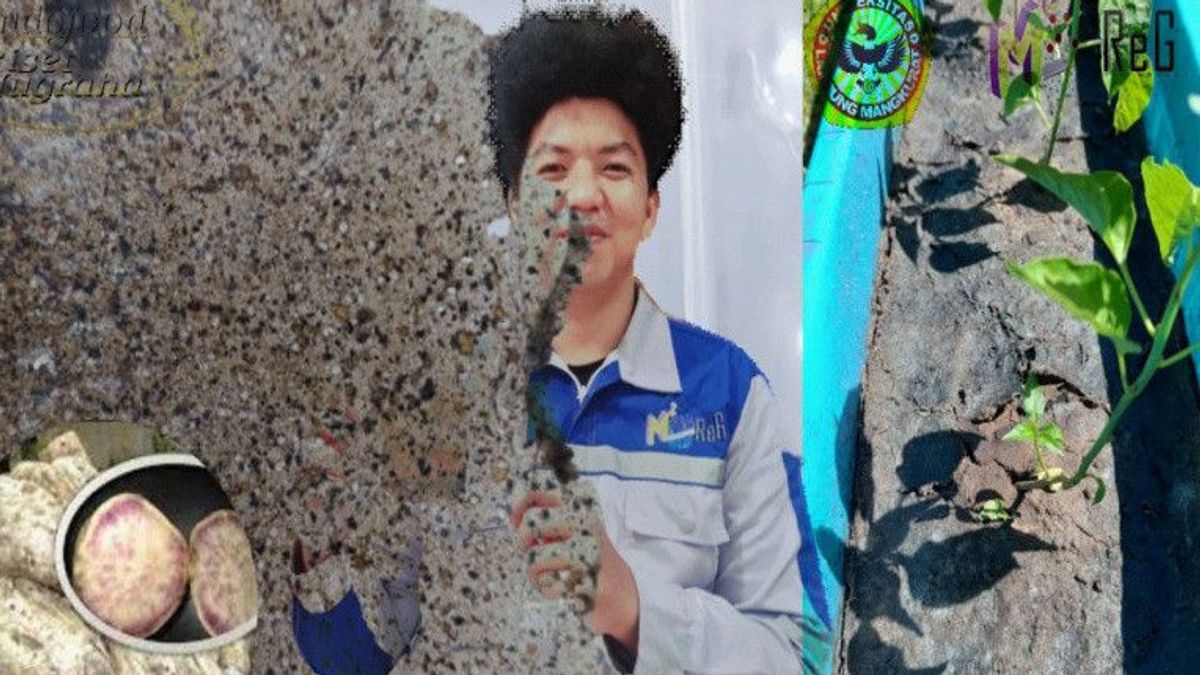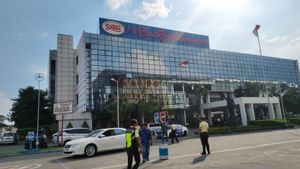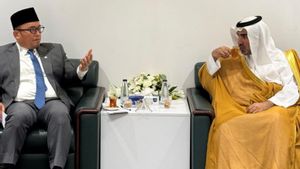BANJARMASIN - The Lambung Mangkurat University Team led by Professor Muthia Elma as the founder of Makterials and Membranes Research Group (M2ReG) with a student of Kimia Technical Technical Technical Faculty ULM, Rhafiq Abdul Ghani created a molsa from the bag of sweet potatoes as a substitute for agricultural plastic. "We developed a biodegradable mulch film from the bag of sweet potatoes using spraying techniques as a substitute for conventional mulsa plastic," said Muthia to Antara in Banjarbaru, South Kalimantan, Saturday, September 3. Ubi nagara is a local sweet potato in South Kalimantan that is being pursued by farmers in the lebak swamp. According to him, agricultural activities generally still use mulsa plastic as an obstacle to the growth of weeds. However, the constraint at the end of its use is an undegradable waste in the soil. So in this research, the ULM team developed a mulsa material that is biodegradable (candegradable in the soil) designed to maintain its mechanical and physical properties during certain use times and is able to decompose at the end of its use. The implementation is more practical with spraying techniques on land surface. The material used in this research is the star material produced from a local South Kalimantan source, namely Kamatona (Ipomoea Batatas). The organizer is the name for the area in Hulu Sungai Selatan Regency (HSS) which covers about 41 percent of the total HSS region, consisting of three sub-districts, namely Daha North, Daha Selatan and West Daha.
Muthia said that so far yam nagara has been consumed as food ingredients. Because its utilization is still very limited, it makes it a challenge for lecturers and ULM students to develop their potential. "With large starch content reaching 70 percent, making it a biodegradable, renewable and cheap material," said the Professor of Chemical Engineering at the ULM Faculty of Engineering. The use of sweet potatoes as the standard material for starch in biodegradable mulsa films developed by Prof. Muthia and a team of students is expected to be able to create zero wastelsa technology products and maintain the quality of agricultural land. In addition, it adds to the potential value of local resources for sweet potatoes and does not rule out the possibility of creating a new cultivation plant processing industry whose roots form this high nutritional level.Muhia expressed her gratitude to PTindofood Sukses Makmur Tbk who have fully supported research in the Nugraha Research Indofood Program. According to her, the company's support is one tangible manifestation of university collaboration and industry for research that is beneficial for the wider community.
The English, Chinese, Japanese, Arabic, and French versions are automatically generated by the AI. So there may still be inaccuracies in translating, please always see Indonesian as our main language. (system supported by DigitalSiber.id)








